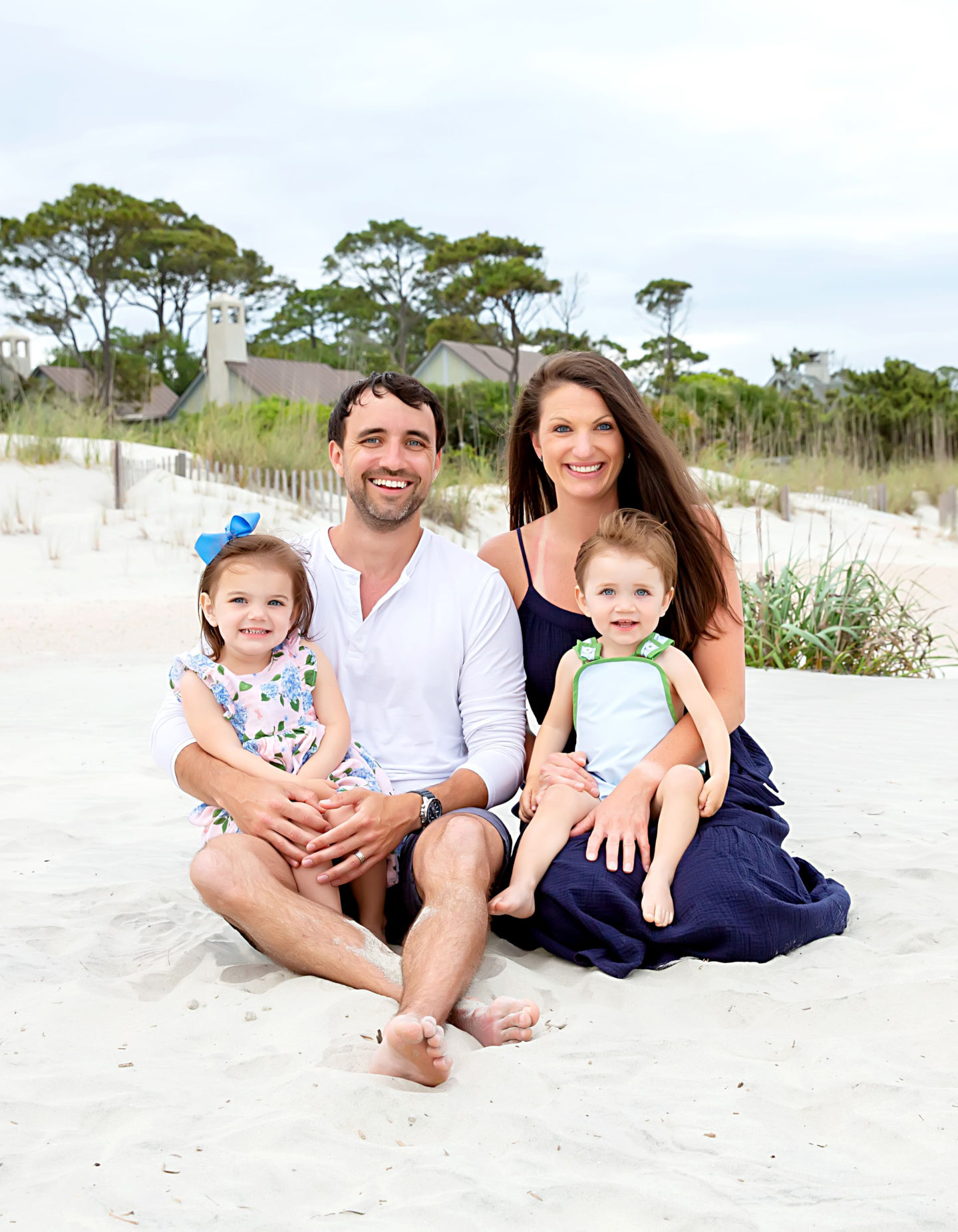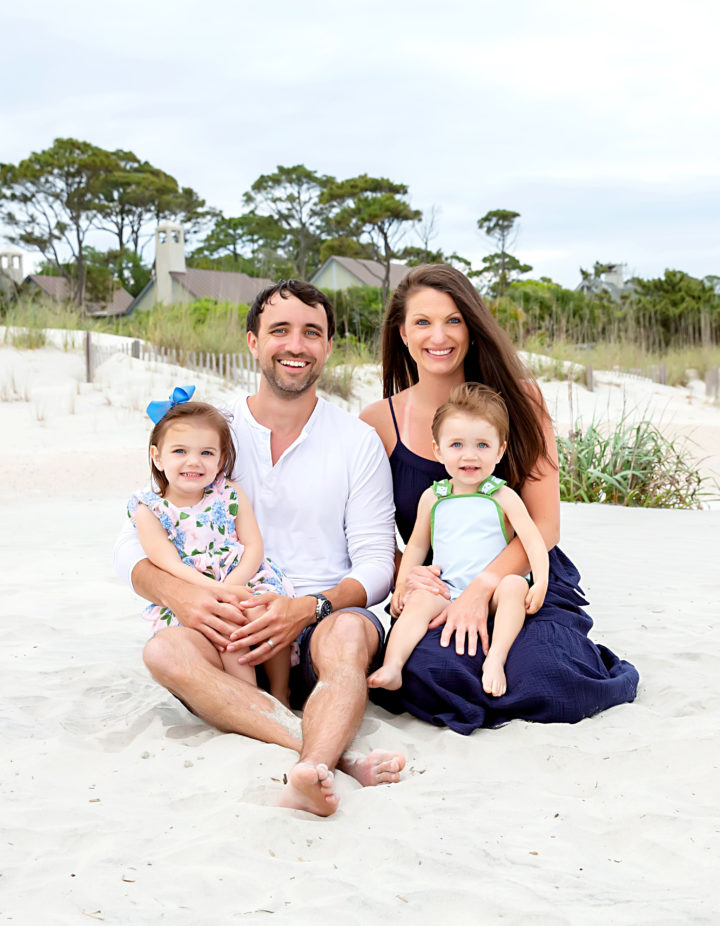In the interest of transparency I’d like to share that I’ve been trying to write this for months.
I’ve written several opening paragraphs, most of which are full of terrible dad humor (I’m probably two years away from seeing a fanny pack as convenient rather than hilarious). As you’re about to see, I’m a novice writer in the first place. I do get to write often because of the platform I’ve been given as a musician, and I rarely have a hard time getting started on a piece. This one’s been hard. I think that’s the case because I’m sharing thoughts on something that society has told us isn’t too big of a deal. Americans, and women in particular, are expected to just move on from miscarriage. Truth is, it’s tragic, and just because something is common doesn’t make it any less traumatic. I realized I wasn’t alone in how I felt after a concert in which I finally decided to be open with the audience as to why I always squeeze a solo piano performance of “Over the Rainbow” into my shows.
I typically take a moment at each of my concerts to have the audio engineer turn the sound system off while I play “Over the Rainbow,” and let a Steinway grand ring out through the venue. One night a few years back while introducing the song, I told the crowd I’d like to dedicate “Over the Rainbow” to my wife, Amanda, who is the best mother in the world to our “rainbow baby.” While meeting folks after the concert, I was shocked at the amount of people who took the time to share their experiences with pregnancy loss. Some people went into detail, and others just looked me in the eye while crying as if to say “I’ve been there too,” and we shared a feeling of peace. I even had bandmates, who are my best friends, let me know they’ve been there with their own families. Think about that: these are friends that I’ve traveled the world to make music with, and I’d only found out they’d experienced miscarriage after I opened up about it in front of crowd of people.
Why did it take an extreme circumstance for my friends to open up to me? More importantly, why did so many women tell me they’d never been outward with their experiences, and they’d finally felt welcomed to do so after it was mentioned at a concert? I think it’s because our society takes for granted how tough women are, and that’s not OK. Our society also implies that men need to be tougher than they actually are, which also isn’t OK. To make the matter more complicated, we’re talking about something that’s common, with a high percentage of pregnancies ending in miscarriage. But something being common doesn’t make it less traumatic.
Our society takes for granted how tough women are, and that’s not OK.
Amanda is one of the best speech language pathologists in the business. If you think being a musician is cool, my wife is often the key piece in enabling a little person to communicate with the world, when they otherwise might not be able to — that’s cool. I share that to say she’s an even better mom. When we first met, she let me know that she wanted to be a mom one day — this was her dream! When we found out we were expecting for the first time, we waited to tell family until she was a little further along, but decided to tell immediate family around eight weeks. Then, she began experiencing a miscarriage. The waiting for information was probably the worst part. In the middle of us waiting on some lab results, a lady at church even razzed us with a, “What’s taking you guys so long? Where’s the little one?” Amanda just smiled and gave a humorous answer.
As gritty and tough as that was, I hope that by the time my kids are adults, they wouldn’t feel the need to hesitate in saying, “I’m actually losing one this very second. Right now, while we’re talking. Please don’t ask those kind of questions.” I was on the sidelines watching the toughest person I know muscle through the whole thing, every bit of which would’ve physically and mentally broke me. I’m sharing all of this for a reason. Amanda didn’t sign up for public life, and we typically stay private about all things family, but she’s never flinched at the opportunity to be open about her experience. That’s a bravery and toughness that I hope isn’t required of the next generation when it comes to these topics. She went through something that involved major surgeries, and our culture expected her to be at work two days later, because it’s a “common thing.”
I hesitate to even comment on the experience from my perspective because there wasn’t much I could do. That still didn’t take away from the connection I felt to the new life that was in my wife. I’d already sang songs to her belly. I didn’t experience anything physical, but it was still hard. I had to leave for tour the day it became certain she was miscarrying. I was lucky to be around people I consider brothers, but it was still somewhat awkward and taboo to talk about. However, that night my friend Josh Cross (our guitarist) stopped me from getting in my bus bunk to go to bed after the show. He just looked at me and said, “It’s OK. You don’t have to keep it in.” I sobbed to the point that he needed a new shirt. I probably spent twenty minutes crying on his shoulders. I didn’t feel alone afterwards. How many guys who’ve gone through a pregnancy loss haven’t had a friend do that for them? I would bet the vast majority of men never felt welcomed to share their true feelings. I’m sure my dad didn’t. My dad is my best friend, but I’ve never heard him mention the miscarriages he and mom experienced, and I know they were traumatic.
In the end, Amanda and I have wound up extremely blessed. We have two kids who are healthy and happy, but we all know folks who are so deserving of parenthood that go through so much and things may or may not work out for them. The experience has shown me the value of being connected to the people around us in a way that encourages showing love and support. Ultimately, going through miscarriage taught us the importance of being able to lean on each other. If you’re going through something, it’s okay to talk about it. It’s also okay to not talk about it. What isn’t okay is feeling pressured to handle life changing situations in any way other than what feels right to you. I’m fortunate to be married to somebody strong enough to break norms and set that example.
‘American Hymn’ is a songbook of instrumental music composed by Nashville based pianist and composer Kory Caudill. It’s a stunning collection of instrumental songs that empathize with human emotions during some of the toughest and most important moments that society has experienced in the past year and a half. Listen to ‘American Hymn’ here: fanlink.to/americanhymn


